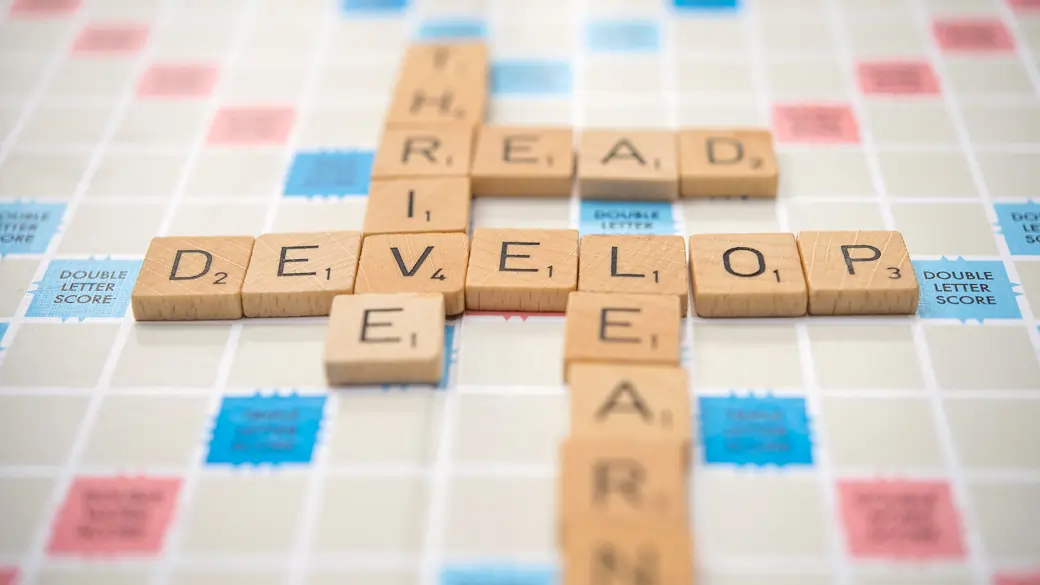What changes have they made to the exams?
Alleyn’s entrance tests previously involved a 1 hour 10 minute English comprehension and composition paper and a 1 hour maths paper alongside the reasoning assessments. Recently, they have scrapped the long maths and English papers and will instead be testing children using a 45 minute multiple choice reasoning paper (verbal, non-verbal and spatial), a 30 minute maths paper and a 40 minute English paper.
The biggest difference is that English is only assessed through one written piece now- a ‘response to a stimulus’ as the Alleyn’s website states. The example paper gives an extract from ‘Great Expectations’ by Charles Dickens and the child has to continue the text, demonstrating their comprehension and composition skills.
How does this affect preparation?
A focus on reasoning: With the maths and English papers being dramatically reduced, reasoning comes to the fore as the longest exam and therefore should be properly prioritised alongside maths and English in the preparation, with particular emphasis being given to spatial reasoning. Children normally favour verbal or non-verbal and spatial is a very common area of difficulty on cognitive reasoning tests so find out your child’s strengths and weaknesses and adapt their preparation accordingly.
A focus on time management and exam techniques: With shorter paper times, time management and exam techniques become much more important. Help your child by doing regular timed maths and reasoning activities and show them what to do when they find a question hard during the exam. We recommend putting a star next to the question and coming back to it at the end rather than wasting lots of time and risking running out of time to answer the remaining questions.
Very different revision for English: As the comprehension paper has been totally scrapped, practising writing long comprehension answers and using Point->Evidence->Explain is not beneficial unless the child needs these skills for other entrance tests they are sitting. Similarly, they are not tested on grammar such as identifying word classes so this does not need to be revised. We go into detail on what should be revised and practised for the English paper below.
The new Alleyn’s English paper
One written piece is now the only insight the examiner will get into your child’s comprehension, composition, grammar and spelling skills.
Skills for writing therefore should be heavily prioritised in the English preparation.
Key skills for writing:
–Sentence construction: Help your child practise writing a range of different sentence types such as complex, compound, simple and short sentences for effect. Always remind them to finish each sentence clearly with a full stop or other suitable punctuation.
–Sentence starters: Encourage your child to use a range of different sentence starters such as adverbs, adjectives, verbs, time connectives, prepositional phrases, nouns and conjunctions for complex sentences. You can play a dice game to encourage this, assigning each number to a different type of sentence starter then rolling to work out how to start the next sentence.
–Editing: The ability to edit your work is essential for good quality compositions. Help your child check pieces of work with an editing pen and fix any errors in spellings, grammar and punctuation. Then see if there are any sentence starters or boring word choices which can be up-levelled.
–Punctuation: Make sure your child is confident breaking up sentences clearly and isn’t using a comma by accident instead of a full stop. Revise speech marks and commas and practise using these in creative writing. Missing the commas for clauses or the punctuation at the end of speech are very common errors. During the editing phase is a great time to focus on punctuation and ensure it is all where it should be.
–Vocabulary and imagery: This is where a lot of the points can be scored so help your child develop a wide and rich vocabulary including favourite synonyms for common and boring words such as ‘red.’ Encourage them to use similes, metaphors and personification in their writing and ensure their practice pieces contain several pieces of exciting imagery. During the editing stage, help them up-level boring words and add in adjectives and adverbs to build interest.
–Structuring a piece: Use paragraphs clearly to show changes in time, the person talking, place or topic. Try to close your piece in a satisfying way, even if this is a cliffhanger such as a rhetorical question.
–Spelling: Practise homophones such as ‘there, their and they’re’ and make sure your child is spelling all commonly used words correctly. Practise the spelling of ambitious vocabulary too. Revise rules for spellings such as verb endings in the past tense and plural spelling rules.
–Handwriting: This should be fluid, joined writing which is clearly legible and fairly neat. If handwriting is tricky, invest time in it to make the skill more automated. If handwriting remains hard, it will consume cognitive energy while your child is writing and take away some of their focus from the content.
What about comprehension?
Comprehension is still assessed but in a very different way. Now, your child’s comprehension is assessed through whether their written piece shows a decent understanding of the text they have read.
This will be conveyed through their understanding of the:
–Characters: They need to demonstrate that they understand the characters’ personalities and, in their continuation, the characters speak and act in a similar, believable way.
–Setting: They need to look for clues about the place and time the story takes place and echo that in their continuation. For example, is it night or day-time? Where, exactly, is the story occurring? What is the weather like? Is it set in Victorian England or modern times? The language provides a big clue to this- if it is written in old-fashioned English it is unlikely to be set in modern times.
–Language and overall tone: Whilst they are not expected to suddenly morph into Dickens, they need to have an idea of the overall tone eg. somber, cheerful, creepy and try to consider this as best they can in their response. Looking at the sort of language and imagery used should give them ideas for similar words or ideas they could use in their continuation.
Understanding high level texts
It would be helpful to expose your child to high level texts such as classics written in an old-fashioned style. Examples are ‘Treasure Island’, ‘The Secret Garden’, ‘The Wolves of Willoughby Chase’ and ‘Five Children and It.’ While you are reading together, chat with them about what they think is happening and practise trying to determine the meaning of unfamiliar vocabulary from the context. Then ask them to predict what they think will happen next or discuss what they would write if they were asked to continue the text.
Focusing on the skills above, as well as overall maths (list of topics on the Alleyn’s website), verbal, non-verbal and spatial reasoning will give your child the best possible chance of success in the Alleyn’s entrance exams.
For more details or to book specialised tuition for these tests, please get in touch with Katherine at Owl Tutors.

